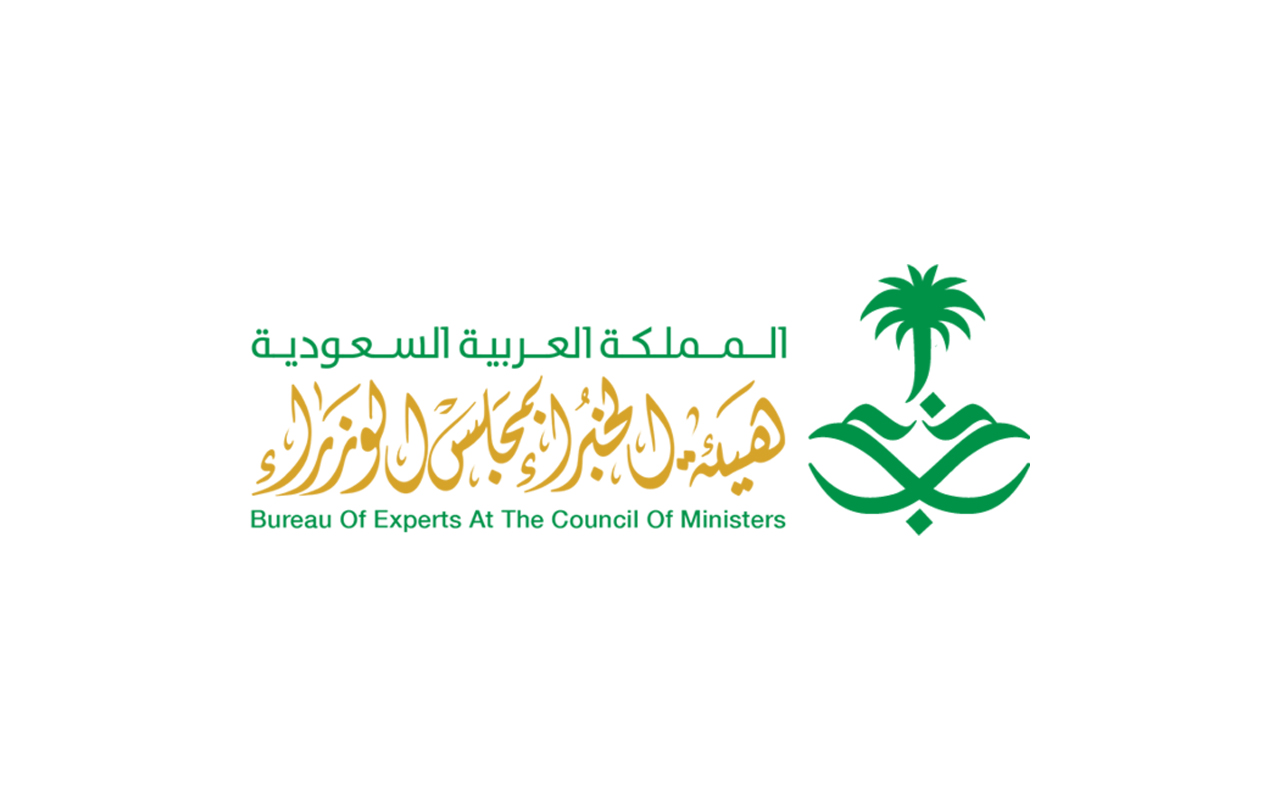Law of Literacy and Adult Education in Saudi Arabia
The Law of Literacy and Adult Education in the Kingdom of Saudi Arabia is a set of rules and regulations aimed at literacy among citizens of all age groups in the Kingdom. It was issued on February 16, 1972, with the goal of providing educational opportunities for those who cannot read or write and have exceeded the maximum age for admission to primary schools but are under the age of forty-five.
Funding of literacy and adult education projects
According to the Law of Literacy and Adult Education in the Kingdom, literacy and adult education projects are funded through several resources. These include the amounts allocated annually in the budgets of ministries and independent bodies for this purpose, the expenses imposed by the law on institutions and companies for literacy efforts, and grants provided for literacy and adult education projects. Additionally, any other resources approved by the Council of Ministers may be added to the funding.
Methods for literacy and adult education
The Law of Literacy and Adult Education in the Kingdom outlines appropriate methods for literacy among adults, including: organizing regular classes for illiterates across the Kingdom, launching campaigns targeting areas where it is difficult to establish regular classes, such as remote regions, and developing suitable literacy programs through media outlets like radio and television. Additionally, the law emphasizes the role of mosques, clubs, summer centers, and community gathering points in promoting literacy.
The Ministry of Education approves the models by which literacy curricula and programs are organized and implements them under its supervision. Government buildings, particularly schools, cultural and social centers, and institutes, are used as venues for literacy classes. It is also permissible to build or rent buildings specifically for this purpose.
Teachers for literacy and adult education can be selected from government employees or other qualified individuals. They may also be granted rewards proportional to their efforts, based on eligibility criteria. Volunteers are also accepted for literacy and adult education, according to specific procedures.
Role of private companies and institutions in literacy
Companies and institutions with more than twenty illiterate employees at a single location are required to establish special classes for literacy or pay for the necessary expenses for literacy efforts, as determined by the Supreme Committee for Literacy and Adult Education.
As for companies and institutions with fewer than twenty illiterate employees, they are required to enroll them in government literacy classes without being charged for their education, except for the expenses related to their transportation to these classes. This applies if the company or institution chooses not to establish its own class for its employees.
Private companies and institutions are required to provide the Ministry of Education, upon request, with data detailing the number of illiterate employees, their ages, and their professions. They are also required to clarify the role they are playing in literacy among their employees.
Any government or private entity that implements a literacy project for its employees is required to provide the Ministry of Education in advance with the proposed number of classes to be opened annually, the required number of teachers and administrative staff, the number of learners, the necessary books and curricula, and suggestions for locations where the classes will be held.
